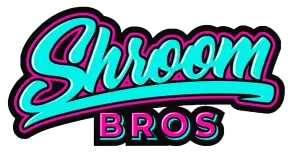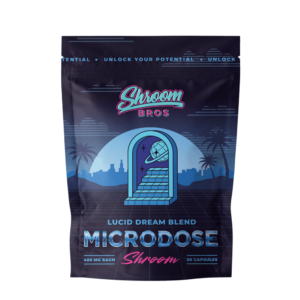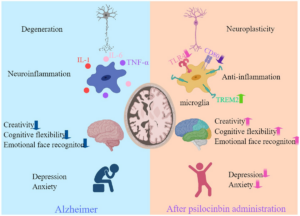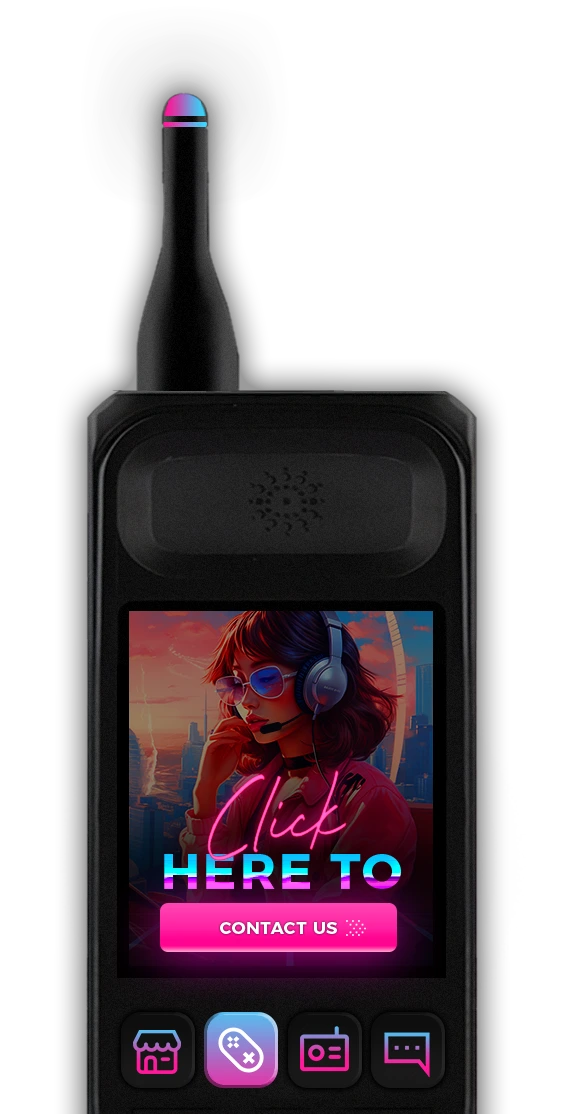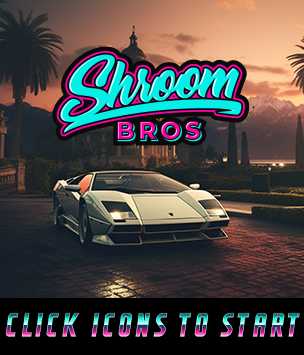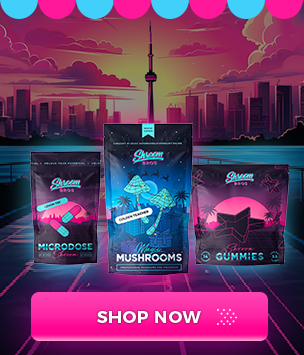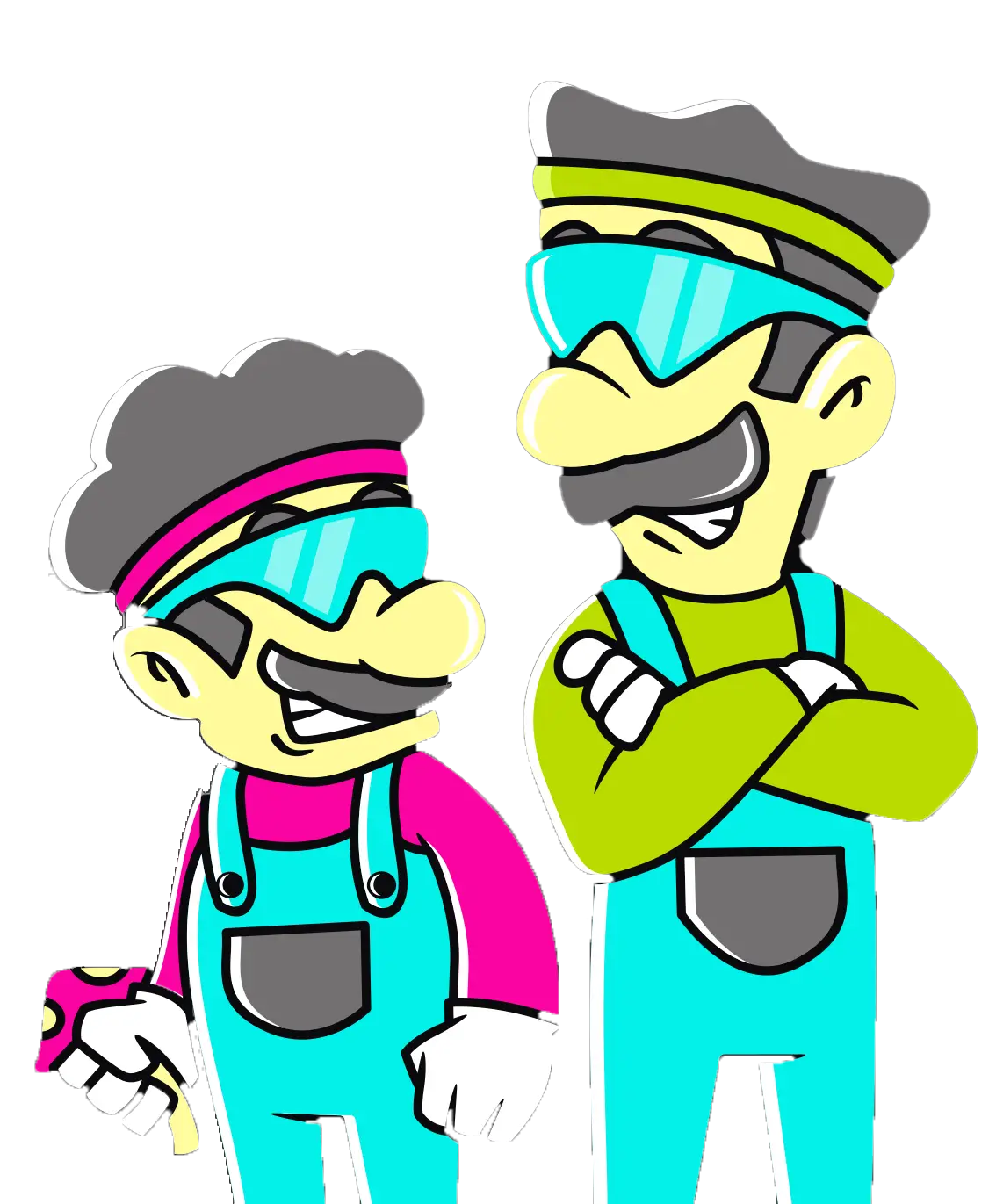Microdosing magic mushrooms, or psilocybin mushrooms, has gained significant popularity among creatives, entrepreneurs, and professionals looking for a cognitive edge. Unlike full psychedelic trips that produce hallucinations, microdosing involves taking sub-perceptual amounts of psilocybin to enhance creativity, focus, and overall well-being. But how does this work? Is there scientific backing, or is it purely anecdotal? In this blog, we’ll explore the relationship between microdosing magic mushrooms and creativity, including scientific research, personal experiences, and practical tips for those curious about trying it.
What is Microdosing?
Microdosing involves consuming very small amounts of a psychedelic substance—typically about 1/10th to 1/20th of a recreational dose. For psilocybin, this translates to roughly 0.1 to 0.3 grams of dried mushrooms. The goal is not to induce hallucinations but rather to subtly enhance cognitive functions, mood, and perception without impairing daily activities.
People who microdose often report improvements in the following areas:
- Creativity and problem-solving
- Focus and productivity
- Mood and emotional balance
- Social connectedness
- Reduced anxiety and depression
But how does psilocybin work in the brain to foster creativity? Let’s take a look at the science behind it.
The Science Behind Psilocybin and Creativity
1. Psilocybin and Brain Connectivity
Studies using fMRI scans have shown that psilocybin temporarily reduces activity in the default mode network (DMN), a part of the brain associated with self-referential thoughts and mental rigidity. This allows for greater cross-communication between different regions of the brain, facilitating novel connections that could enhance creative thinking.
A study published in Scientific Reports found that psilocybin increases the diversity of neural connectivity, meaning the brain operates in a more flexible and interconnected manner—ideal for creative problem-solving.
2. Neuroplasticity and Cognitive Flexibility
One of the most significant advantages of psilocybin for creativity is its potential to enhance neuroplasticity—the brain’s ability to form and reorganize synaptic connections. Creativity thrives on the ability to think outside the box, make novel associations, and break free from routine patterns. Psilocybin has been shown to increase neuroplasticity, allowing individuals to approach problems from new angles.
In a 2020 study published in Cell Reports, researchers found that psychedelics like psilocybin promote structural plasticity in the prefrontal cortex. This means new neural pathways can form, making it easier for individuals to generate fresh ideas, link concepts in innovative ways, and become more cognitively flexible.
3. Serotonin and Mood Regulation
Creativity is deeply tied to emotional states. Anxiety, stress, and self-doubt often hinder the creative process, preventing ideas from flowing freely. Psilocybin primarily affects serotonin receptors—particularly the 5-HT2A receptor—which plays a crucial role in mood regulation and perception.
By boosting serotonin levels, psilocybin can help alleviate anxiety and depressive symptoms. This creates an optimal mental state for creativity, as individuals feel more open, relaxed, and less constrained by fear of judgment or failure.
4. Decreased Fear Response and Risk-Taking
Great creativity often requires stepping into the unknown—taking risks, experimenting with new ideas, and challenging established norms. However, fear can be a major barrier to creative risk-taking, whether it’s fear of failure, criticism, or the unknown.
Psilocybin appears to reduce activity in the amygdala, the brain’s fear-processing center. By dampening this response, microdosers often report feeling more open to creative exploration, trying bold new ideas, and taking risks without excessive self-doubt.
Anecdotal Evidence: How Creatives Use Microdosing
1. Writers and Poets
Many writers turn to microdosing to overcome writer’s block and enhance their ability to craft vivid narratives. They report an increased ability to immerse themselves in storytelling, develop unique character arcs, and experiment with language in unexpected ways.
2. Musicians and Composers
Musicians frequently describe heightened auditory perception when microdosing, which enhances their ability to experiment with new sounds, harmonies, and rhythms.
3. Entrepreneurs and Innovators
Silicon Valley has long been associated with experimentation, and microdosing is no exception. Many entrepreneurs use microdosing to enhance problem-solving skills, think outside the box, and generate breakthrough innovations.
How to Microdose for Creativity
1. Choose the Right Dosage
The ideal microdose is typically between 0.1g and 0.3g of dried psilocybin mushrooms. A lower dose (0.1g) may provide subtle cognitive benefits, while a slightly higher dose (0.3g) could enhance perception more noticeably.
2. Follow a Schedule
Two popular microdosing protocols include:
- Fadiman Protocol: Microdose once every three days (one day on, two days off).
- Stamets Stack: Microdose four days on, three days off, often combined with Lion’s Mane mushroom and niacin to enhance neuroplasticity.
3. Track Your Experience
Keeping a journal of your microdosing experience can help identify patterns in mood, creativity, and productivity.
4. Pair with Creative Practices
To maximize creativity, microdosing should be paired with active creative engagement:
- Writing exercises or brainstorming sessions
- Music composition or painting
- Problem-solving activities or business ideation
5. Practice Mindfulness
Mindfulness practices such as meditation, nature walks, or deep breathing exercises can enhance the creative benefits of microdosing by grounding the experience.
Potential Risks and Considerations
1. Individual Reactions
Not everyone reacts positively to microdosing. Some individuals may experience:
- Mild anxiety or irritability
- Headaches or digestive discomfort
2. Tolerance and Long-Term Effects
Regular microdosing can lead to tolerance, where the effects become less noticeable over time. Taking periodic breaks can help prevent this.
3. Mental Health Considerations
Individuals with a history of schizophrenia, bipolar disorder, or severe anxiety should consult a professional before experimenting with microdosing.
Conclusion: Can Microdosing Enhance Your Creativity?
The growing body of research and personal experiences suggests that microdosing psilocybin has the potential to enhance creativity by:
- Increasing cognitive flexibility and breaking rigid thought patterns
- Improving mood and reducing fear-based thinking
- Enhancing problem-solving skills and divergent thinking
For creatives looking to explore new artistic frontiers or entrepreneurs seeking innovative breakthroughs, microdosing could be a powerful tool. However, as with any substance, responsible use and personal experimentation are key.
